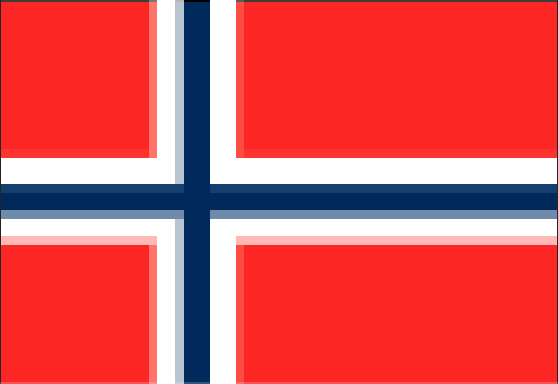Checkpoint303 - The Iqrit Files
«The Iqrit Files» er en CD-plate med elektronikakollektivet Checkpoint303 og sangere oppvokst i den tvangsfraflyttede landsbyen Iqrit i Galilea. Sangerne Jawaher Shofani, Wardeh Sbeit og Jihad Sbeit beskriver hva som skjedde da israelske soldater kom i 1948 og gjorde dem hjemløse og ødela landsbyen deres.
The Palestinian refugee camp Yarmouk in Syria is a double hell: it is surrounded by Assad's hostile forces, and the forces of IS (the Islamic State) terrorise it from the inside. Through the CD project “The Iqrit Files” and the exhibition “The Faces of Iqrit”, KKV is focusing on the reason why such camps exist.
”The Iqrit Files” is a CD featuring the electronica collective Checkpoint303 and some singers who grew up in the village of Iqrit in Galilee, but who were forced to flee and abandon their homes. The singers Jawaher Shofani, Wardeh Sbeit and Jihad Sbeit describe what occurred when Israeli soldiers arrived in 1948, making them all homeless and destroying their village. The recordings have been made in these ruins, and the Checkpoint303 collective has framed the voices in a soundscape of electronics, oud, piano and recorded utterances from the political stage. The CD will be released on 15 May, the day Palestinians commemorate Nakba – “the Disaster”.
“The faces of Iqrit” exhibition, which will be held in Kulturkirken Jakob from the 11th of May to the 16th of May, presents photographs by Stig Indrebø and video recordings by the electronica artist SC Mocha from Checkpoint303. Everything is rooted in the ruins of Iqrit village. The exhibition has been funded by Fritt Ord (Freedom of Expression Foundation). On the 15th of May an interview evening will be arranged at 7 pm at the exhibition with Rim Banna from Nazareth in Galilee, co-producer of the CD, and SC Mocha. The theme is: “The narratives that drowned in the echo of a European tragedy”.
Nakba is the Arabic term for the expulsion of the Palestinians when the state of Israel was formed in 1948. A total of 360 Palestinian villages were evacuated by force and taken over or razed to the ground, and 900 000 people were forced to flee to camps in Lebanon, Syria, Jordan and the West Bank. The Yarmouk camp in Damascus swelled with the concentration of Palestinians who had fled from evacuated villages in 1948. The Israeli narrative claims that this flight was encouraged by Arab leaders while the Israeli leaders urged the Palestinians to stay. But historians have since uncovered evidence that Israeli forces practised ethnic cleansing in Palestinian towns and villages.
One of these was Iqrit, located close to the Lebanese border. In November 1948 Israeli soldiers informed the 500 inhabitants that they were to be evacuated on a temporary basis and that after two weeks they would be able to move back to their homes. This promise was never kept. The town was sequestered until it was levelled to the ground on Christmas Eve, 1951. The only building left standing was the church. Today, the old roads cleared by the descendants of those who were expelled can be seen, and the church still stands, as does the burial ground at the base of the mountain where Iqrit was located. Here, some of the descendants of the villagers still come to bury their dead. Some young descendants of the Iqrit inhabitants have recently attempted to re-build their village among the ruins, but the Israelis will not allow this. The Iqrit people often say, wryly, “They won't let us live in Iqrit, but we’re still allowed to die there”.
Share release

